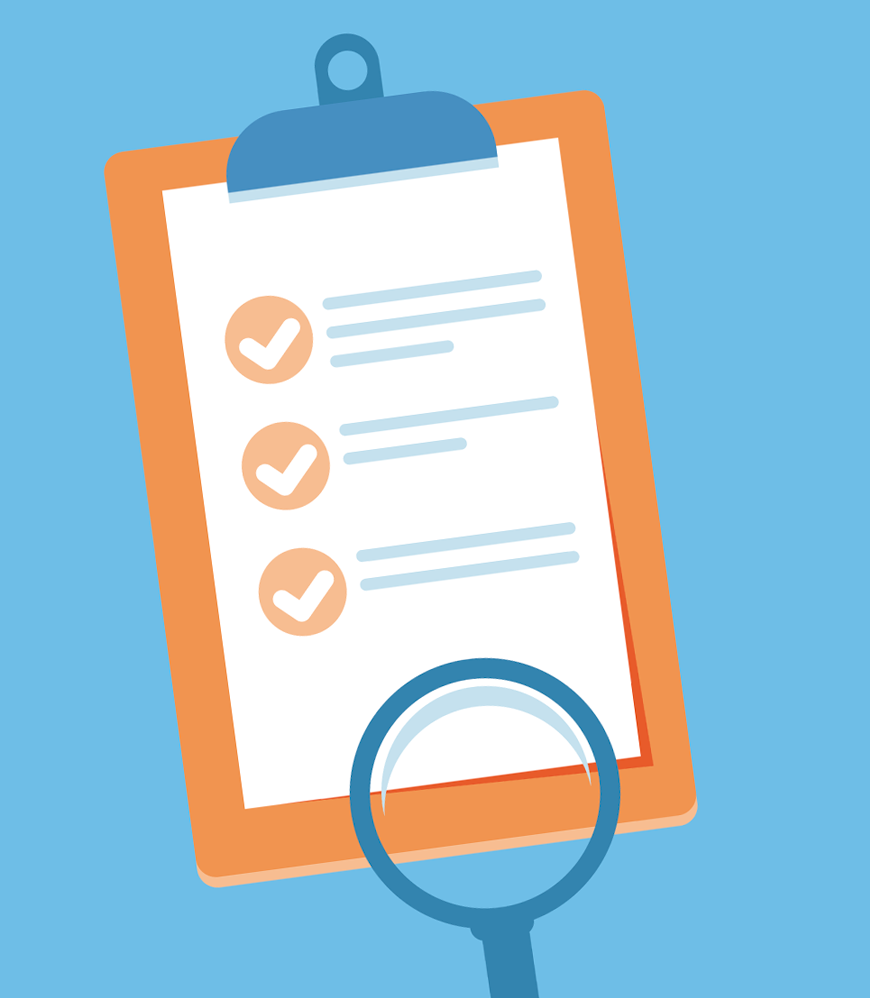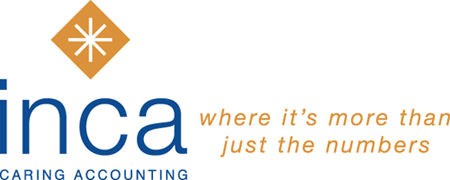Most people have their tax deducted at source, paying it direct to HMRC through the Pay As You Earn (PAYE) scheme on a weekly or monthly basis
But there are many others who are required to make their own arrangements to settle up with HMRC, paying their tax in instalments. These include individuals who:

If you are someone who falls into one of the above categories, and your most recent self-assessment tax bill was less then £1,000, HMRC will be happy to let you make payment to them in a single instalment in the January following the end of the tax year. So far, so good – you know where you stand and you have 10 months’ notice regarding the tax you’re going to have to pay – assuming of course, you get your tax return prepared as soon after the year end as possible – more on this later! But if your previous self-assessment tax bill exceeded £1,000, things get a little more complicated.
HMRC will want you to make 2 extra contributions – or ‘payments on account’ – with one payment being due on 31st January, and the other on 31st July. HMRC’s calculations for these payments on account will be based on the assumption that your financial situation will remain exactly the same from one year to the next, and each payment will be equivalent to half your previous year’s tax bill. If you’re self-employed, these payments will include your Class 4 National Insurance.
The HMRC payments on account system works well, but it can sometimes lead to some unexpected surprises for those who are unprepared – in particular those who are:
-
Self-employed and going through a challenging trading period
If your business has traded at a relatively constant level for a few years, and you suddenly encounter a dip, payments on account can catch you out. The instalments you have to make will be based on your last year of trading – so if for example, the tax year 2014-15 was a good one for you, but you find that in 2015-16, you’re experiencing a downturn, you’ll find yourself in a position where your payment on account from HMRC will be disproportionate to your income. Just what you don’t need – a higher tax payment when things are tough enough.
-
Newly self-employed
Payments on account can sometimes deliver a shock to the newly self-employed, who don’t realise that if their tax bill exceeds the £1,000 threshold in their first year, they’re not only going to have to settle their tax for the year just ended – but that they’re also going to get landed with a tax bill for a further 50% instalment. When your business is still finding its feet, cash flow can be tight, and an unexpected expense can make it tighter still.
How to avoid a nasty surprise
Receiving your tax bill might not be the highlight of your year – but the amount you have to pay should never come as a complete surprise. The solution is simple – you need to prepare your tax return as soon after the tax year end as possible.
If you are newly self-employed, we might not be able to reduce the tax you are going to have to pay, but by completing your return quickly, we can mitigate the pain by making sure you have plenty of time to prepare to make your payment. If you’re self-employed and this year is turning out not to be as good as the last, by preparing your tax return now, we can make a request to HMRC asking them to reduce the next instalment you are due to pay. We might also be able to get back some or all of the money you paid last January.
At Inca, we understand the challenges that go along with getting a new business off the ground – and of smoothing out the peaks and troughs when you’re up and running. Knowing exactly where you are financially is key to success, so don’t leave it too late – talk to us now about preparing your accounts and we’ll do our very best to make sure the only surprises you get are nice ones!
PS: If you’re a new start-up and have come out of employment we might be able to help you with a nice tax benefit to further ease your cash flow. Ask us how!
Book a free accountancy review
Give us a call, drop us an email or request a call back and let’s get the ball rolling.
Phone: 01235 868888 or Email: [email protected].



